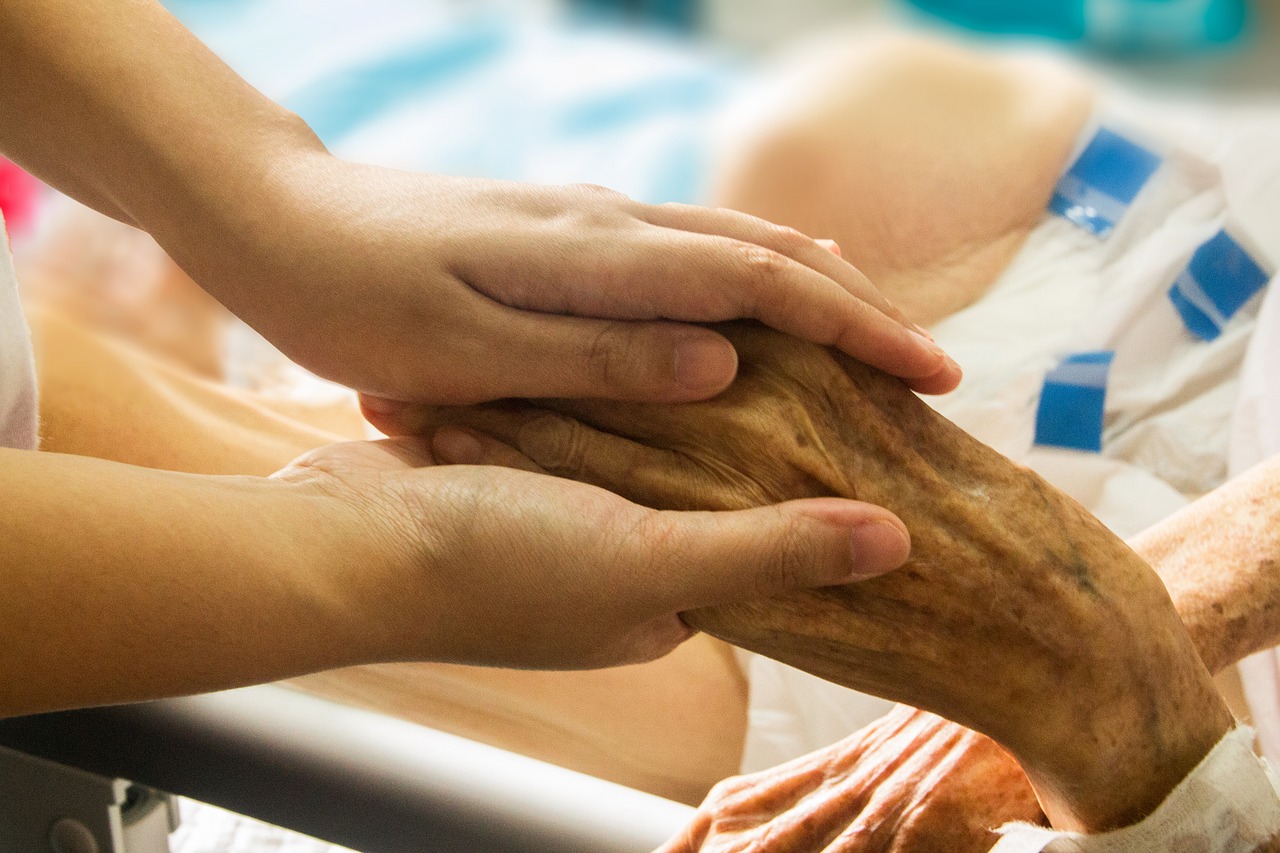Patient advocacy is a critical aspect of providing safe and effective patient care. Nurse advocates are tasked with helping patients understand and navigate their healthcare journey, including answering questions, explaining medical care, discussing and explaining billing or insurance, and other healthcare-related topics.
Nurses are often the first and last contact for patients in the healthcare setting. Patients rely on Nurses to support them and keep them safe and educated throughout their interactions. Nurses advocate for their patients by respecting their dignity, protecting patient rights, treating patients equally and without bias, and preventing undue suffering. Here are some of the many ways Nurses advocate for their patients.
Education
Patient advocates provide information and insight into medical treatment options and medical conditions. Nurses can connect with patients and meet them where they are in their healthcare journey by helping them understand their medical needs, where the future may lead them, and any potential complications. Education is crucial in patient advocacy because knowledge enables patients to make informed decisions about their healthcare.
Communication
Communication is essential to ensure patients receive high-quality care and good health outcomes. It also helps improve patient satisfaction. Nurse advocates help to facilitate communication between patients, family members, and healthcare providers to ensure that information is effectively shared and understood by everyone on the healthcare team.
Nurses may find setting up family meetings with the patient, their family, and healthcare representatives to be an impactful way of communicating health diagnoses and changes.
Protecting Patient Rights
Protecting patient rights is a fundamental aspect of Nursing and involves ensuring that patients receive fair treatment, privacy, and autonomy in their medical care. Patients are entitled to fair treatment that is free of bias, as well as privacy and confidentiality regarding their medical conditions and history.
Nurses must respect and protect patients' privacy by safeguarding their medical records and personal health information. Patient rights also include access to medical records and the right to refuse medical treatment. Protecting patient rights involves fostering a culture of respect, transparency, and advocacy for all healthcare professionals.
Informed Consent
Informed consent is the process by which Nurses, as the representatives of the healthcare team, provide patients with a complete understanding of the details, risks, benefits, and alternatives of a proposed medical treatment, procedure, or intervention before giving consent.
Obtaining informed consent involves presenting all relevant information to the patient in clear and understandable language so they can make an informed decision regarding their health. Informed consent should be given freely without persuasion and only after all patient questions have been answered.
Address Health Disparities
Addressing health disparities as a Nurse advocate involves advocating for equitable healthcare access, outcomes, and opportunities for all individuals, especially in underserved or marginalized communities of patients. Nurses can better advocate for their patients and help address health disparities by becoming educated about the root causes and contributing factors of health disparities and social determinants of health, including socioeconomic status, race, ethnicity, education, and access to healthcare.
Nurses should strive to enhance their cultural competence to provide patient-centered care that respects diverse cultural beliefs, practices, and values. Other ways to address health disparities as a Nurse advocate include conducting community outreach programs to provide health education and preventative health screenings or advocating for accessible and affordable healthcare services to those in underserved communities.
Influence Policy Change
Nurses can be powerful patient advocates by influencing and supporting policy change. Nurses can use their expertise, experiences, and passion to improve healthcare by influencing decision-makers to make impactful changes. Consider contacting a policymaker by writing a letter or setting up a meeting to discuss a need for change you are passionate about.
Nurses can also actively participate in developing healthcare policy by joining committees and advisory boards to offer their expertise and knowledge, and translate it into policies that address important healthcare challenges. By actively participating in the policy-making process, Nurses can effectively advocate for policy changes that improve patient outcomes and the well-being of our patients and communities.
Be the Change
Patient advocacy is a critical and rewarding component of every Nursing career, and every Nurse has the opportunity to be a patient advocate. Nurses who advocate for their patients foster a patient-centered healthcare system prioritizing patients' rights, well-being, and preferences. Nurse advocacy creates a safe, informed, and more effective healthcare experience for all.


 The
The 
 Registered nurses are the most frequent point of contact with patients in healthcare. They “provide and
Registered nurses are the most frequent point of contact with patients in healthcare. They “provide and